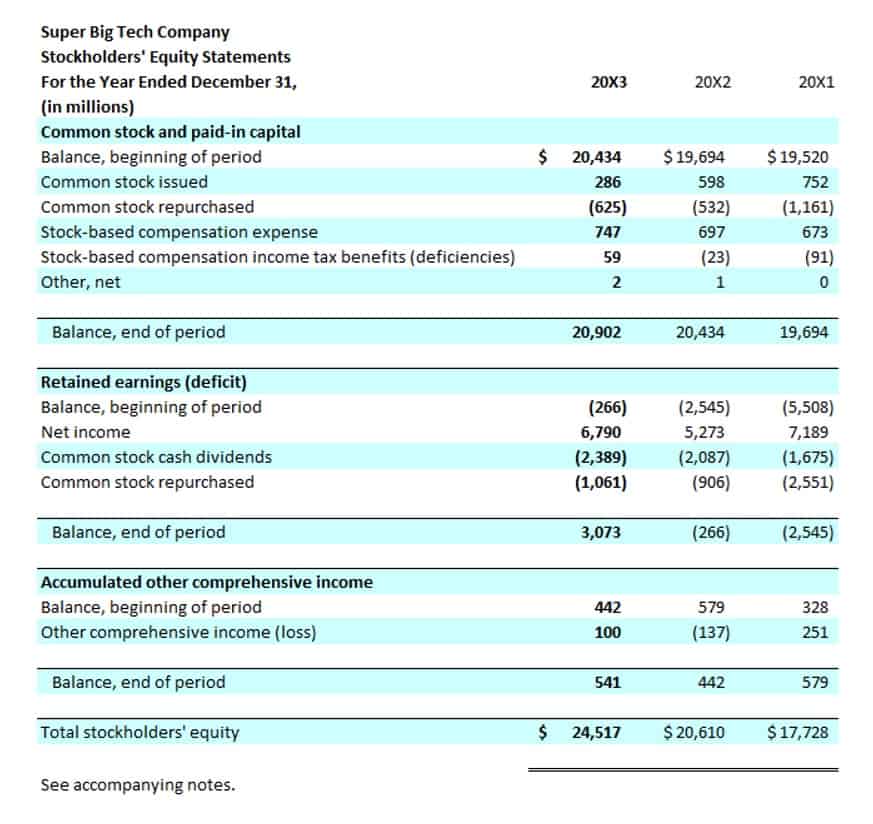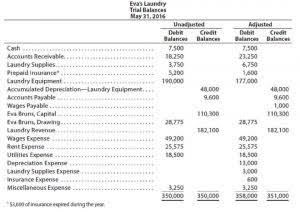
An independent contractor can keep track of their earnings and outlays in a variety of ways. It’s possible that your friend’s bookkeeping is done differently from yours. The most crucial thing is to establish and maintain a financial tracking system that works for you. The independent contractor bookkeeping downside is that your employers won’t contribute to your 401(k), workers’ compensation, bonuses, unemployment taxes, payroll taxes, or health insurance (K).
Business Growth

It is important to accurately report your taxable income and any deductions and credits you are eligible for. It may also be helpful to consult with a tax professional to ensure that you are in compliance with all tax laws and regulations. Keeping track of all financial transactions, including payments received, expenses incurred, and any net sales other financial transactions that impact your business is important.
Need help with your business accounting?
Receipts and documents become part of a searchable database so you can quickly find what you need when you need it. Independent contractors are considered a single-member limited liability company (LLC) or a sole proprietor for tax purposes. Understand the pricing structure, including any hidden fees, to ensure it aligns with your budget.
Setting up a Bookkeeping System

As an independent contractor, you should establish a separate business bank account when tracking expenses and income. They must track their business expenses to deduct them from their income on their tax Coffee Shop Accounting return. Proper documentation of these expenses is crucial to taking advantage of various tax deductions during tax filing. Careful bookkeeping for independent contractors is essential to keep your small business healthy or sustainably grow your business.
Keeping Personal and Professional Separate

If you are looking for experts to outsource bookkeeping for independent contractors, then Meru Accounting is a nice choice. They have all nice factors for considering while outsourcing bookkeeping and accounting for independent contractors. Their experience working with vast companies worldwide will help achieve financial stability. Meru Accounting is a popular accounting services providing company around the world. Most accounting software can also track business expenses by scanning receipts and tracking miles traveled for work—features that help freelancers make correct end-of-year tax deductions.

It will help you to improve the quality of bookkeeping without any hassles. Even if Math was not your favorite subject in school, these tools allow you to track expenses, manage cash flow, and generate financial reports. One of the easiest things you can do is open a dedicated business account. It is a good idea to register your business with the state and choose a legal entity structure under which to operate. You can opt to register as a sole proprietor, but this type of entity will not protect your personal assets from potential liability claims. Many independent contractors instead choose to form limited liability companies (LLCs), which offer liability protection.
- They have all nice factors for considering while outsourcing bookkeeping and accounting for independent contractors.
- You can stuff your receipts into one of our Magic Envelopes (prepaid postage within the US).
- You should also apply for a federal employer identification number (FEIN) from the IRS even if you don’t have employees.
- Outsourcing bookkeeping allows you to focus on revenue-generating tasks while leaving the time-consuming financial management to experts.
- These tools enable easy categorization of income and expenses, provide valuable financial reports, and simplify tax preparation.
- As your independent contracting business grows, so does the complexity of your financial management.
- The expertise and experience of the independent contractors must be on priority while outsourcing.
- If you manage other contractors as part of your own contracting job, most freelance accounting software includes 1099 contractor management with their basic plans.
- For more app options, we recommend Xero (which syncs with over 1,000 third-party apps) or QuickBooks (which syncs with around 800 apps).
- It’s wise to set aside a portion of each payment received to cover both income and self-employment taxes.
Accurate records let you evaluate profitability, identify areas to cut costs, and create strategies to scale your business.
Importance of Tracking Expenses as an Independent Contractor
Every month, your bookkeeping team categorizes transactions, imports bank statements, and creates financial statements, as well as relieves you from the stress of taxes. You can sign up for a month of free bookkeeping to get a feel of the best accounting and bookkeeping for independent contractors. Above all, establishing accuracy and order in your organization is the biggest advantage of using accounting software.
- Contacts can also be exported as CSV files and imported into other contact management systems or email clients.
- Rather than a payroll expense, independent contractors should be treated like any contract work.
- Like QuickBooks Online, QuickBooks Self-Employed is notably easy to set up and use.
- Before you complete Schedule SE, you will first need to use Schedule C of Form 1040 to calculate your business’s total income or loss.
You have a lot more freedom as an independent contractor than most other types of workers have. You are your own boss, responsible for setting your own schedule and paying your own taxes. In conclusion, bookkeeping is essential to running a successful business as an independent contractor. BooXkeeping clients, for example, have regular monthly calls to review their reports with their Chief BooXkeeping Officer.
